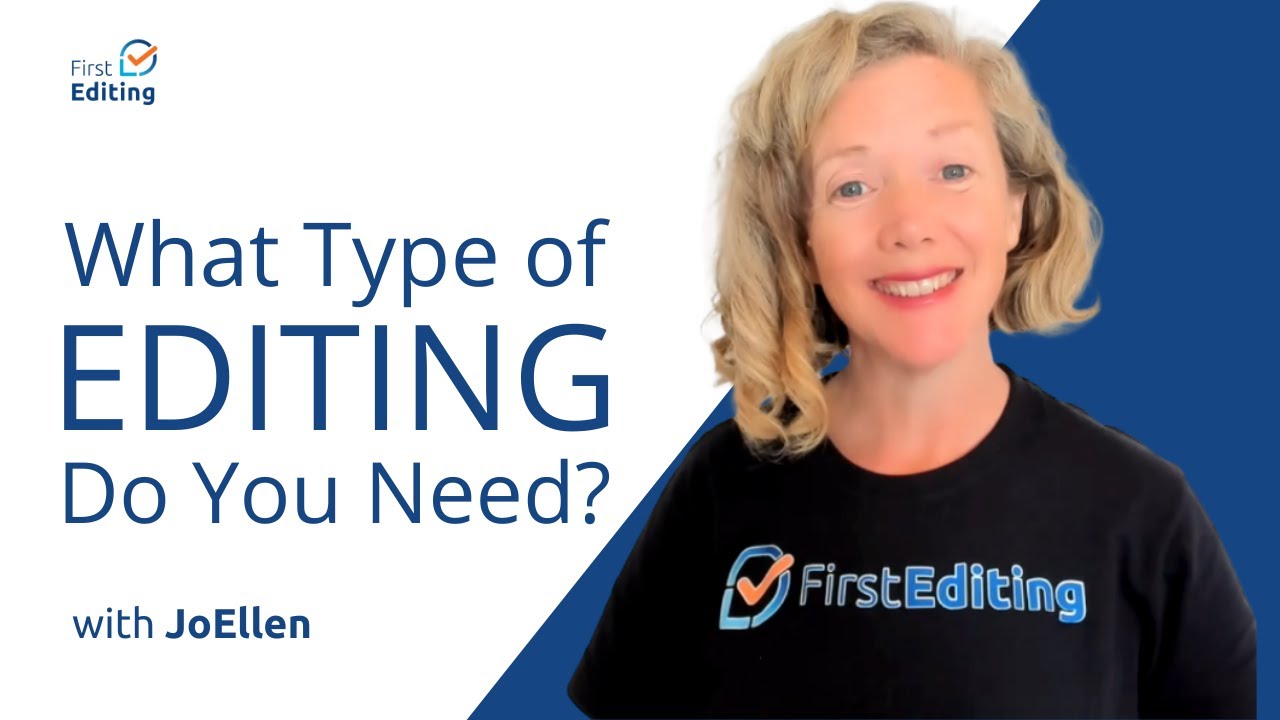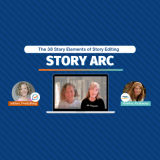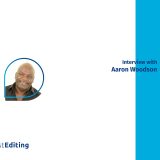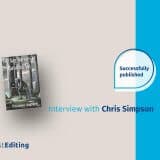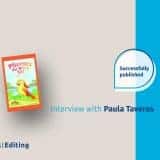

Even the greatest of minds get it wrong sometimes.
You would hardly guess that based on the final product, though. If you look at an error-free and high-quality research paper, your assumption might be that the author is just really smart.
The truth is, the text you’re reading has been reviewed by at least two different people who collaborate together in order to make sure the world only gets to see the absolute best version.
If you’re an academic, it’s highly likely you will want to work with an academic copy editor so that your manuscript is as polished as can be.
It’s not as simple as hiring just anybody, though. Today, let’s have a look at how to choose an academic copy editor and what to expect!
Recap: What Is Academic Copy Editing?
Academic copy editing is a service that aims to improve your academic language. As opposed to structural editing (where consistency of arguments and logical flow play a major role), copy editing is all about the linguistic side of things.
That doesn’t mean it’s any less important, however. A great academic copyeditor will be a subject matter expert in your field who knows the right lingo and has an eagle eye.
This in and of itself is a very specialized skill as it means they have studied the subject for years and are highly proficient in linguistics alongside their background knowledge on the topic.
How to Choose the Right Academic Copy Editor
Academic editing is different from regular editing in so that it requires specialized and in-depth knowledge.
That’s not all, though. When choosing the right academic copyeditor, make sure that they:
- Have qualifications that prove their expertise in the field
- Are familiar with the lingo and terminology used in your field of interest (someone with a Ph.D. in literature may not be completely familiar with biology-related definitions and vice versa)
- Have a keen eye for detail (your manuscript should ideally be completely error-free once the editor has done their job)
- Know the correct procedures when it comes to referencing and quoting (for example, an academic copyeditor ought to know the difference between MLA and APA and edit your manuscript accordingly)
- Display punctuality (this is extremely important as deadlines are often non-negotiable in the academic world)
- Communicate clearly, effectively, and respectfully
- Have positive reviews that show why they’re the right person for the job
A high-quality editing service goes hand in hand with a well-designed website, great testimonials, and easy customer experience. FirstEditing, for example, has a team of Ph.D. editors who deliver highly valuable feedback and thoroughly check your language as well as your citation style.
7 Tips for Working With an Academic Editor
Amazing, you’ve chosen your copy editor!
The time has come to begin your collaboration. The process isn’t as easy as you might expect, though. While you probably think that you can just send off your manuscript and then receive the most polished version that can be, communication is completely vital.
Therefore, keep the following 7 tips in mind:
- Speak to your editor about the expected timeline (ensure there is a sufficient amount of time left after the completion of the project in case you’d like any changes made)
- Make sure you have a clear understanding of what the service includes (for example, a copyeditor will look at your text on a linguistic level but may not go into that much depth as far as content goes)
- Consider whether their pricing fits within your budget (top academic copyeditors can be quite pricy as their knowledge is highly specialized, and what’s more, revisions may be at an extra cost)
- Ask yourself whether your manuscript needs structural editing, too (and if it does, hire a structural editor first and only then look for a copyeditor; this is because a structural edit is about reworking your content in depth, which may include rewriting entire paragraphs)
- Brief your copyeditor properly (tell them what your preferred citation style is, which journal or publication house you want to publish the manuscript with, what your concerns are, and how you feel about the text as a whole)
- Be open to feedback (it isn’t easy to receive some negative critique, but in many cases, that’s precisely what your manuscript needs in order to evolve. If you disagree with your copyeditor, ask them further questions or find another independent party that could provide objective feedback)
- Make your manuscript the best it can be before submission (just because you hire someone to edit your text doesn’t mean you shouldn’t polish it yourself beforehand. Trust me, a good editor will give you more than enough feedback even after you’ve put all your effort in)
Conclusion
The reason many research papers are so brilliant isn’t only because they’ve been written by some great minds; it’s also because high-quality editors have done their job well, ensuring the final product is smooth and error-free.
If you’re looking for an academic copyeditor, it’s time to research your options and get in touch with the FirstEditing team.





